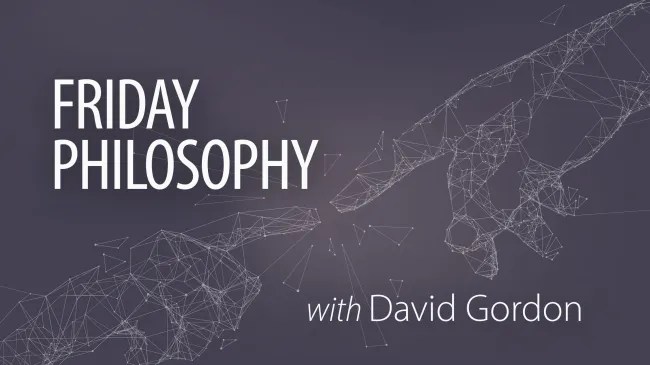Do Human Emotions Better Help Us Understand Economic Analysis?
Behavioral economics operates on the assumption that human emotions play an important role in determining economic choices. However, while all of us have emotions, we ultimately use reason to determine what we need to sustain our lives.






